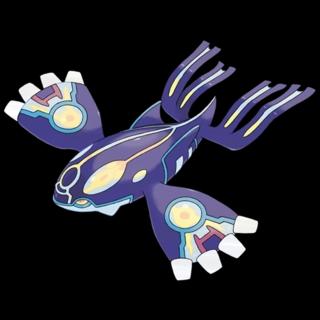Best Quilava counters
The best Quilava counters in Pokémon GO are Primal Kyogre, Primal Groudon, Shadow Kyogre, Mega Garchomp, Mega Swampert, Shadow Groudon, and Mega Rayquaza. These Pokémon perform best with the moves outlined below. We suggest a minimum group size of 1 - 3 Trainers to defeat Quilava in a 3-Star Raid.
 Simulation settings
Simulation settings
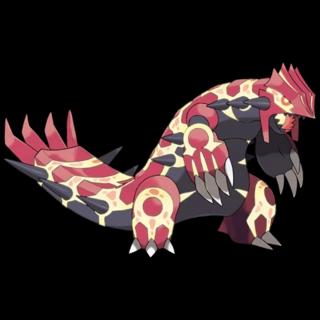 Primal Groudon
Primal Groudon
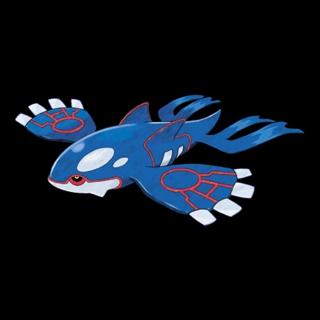 Shadow Kyogre
Shadow Kyogre
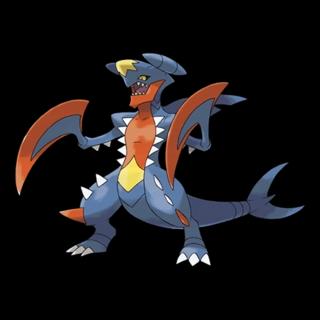 Mega Garchomp
Mega Garchomp
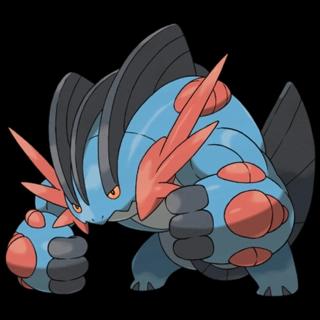 Mega Swampert
Mega Swampert
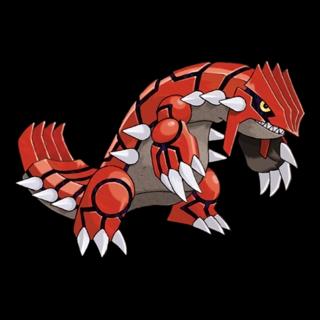 Shadow Groudon
Shadow Groudon
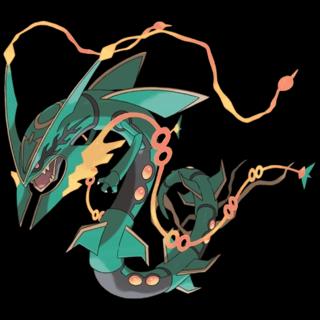 Mega Rayquaza
Mega RayquazaGroup size
You need at least 1 Trainers to defeat a Quilava in a 3-Star Raid.
- 1
- 2
- 3
- 4
- 5
- 6
- 7
- 8
- 9
- 10
- 11
- 12
- 13
- 14
- 15
- 16
- 17
- 18
- 19
- 20
- Minimum group size: 1 Trainers
- Optimal group size: 2 - 3 Trainers
- Very easy with: 4+ Trainers
Quilava CP range from Raids
Quilava can be caught with the following Combat Power after being defeated in Raids:
- From 887 CP to 944 CP, with no weather boost
- From 1109 CP to 1180 CP with Sunny weather boost
